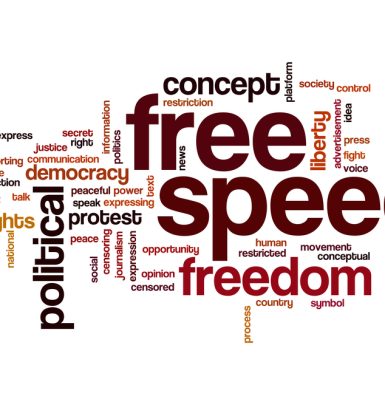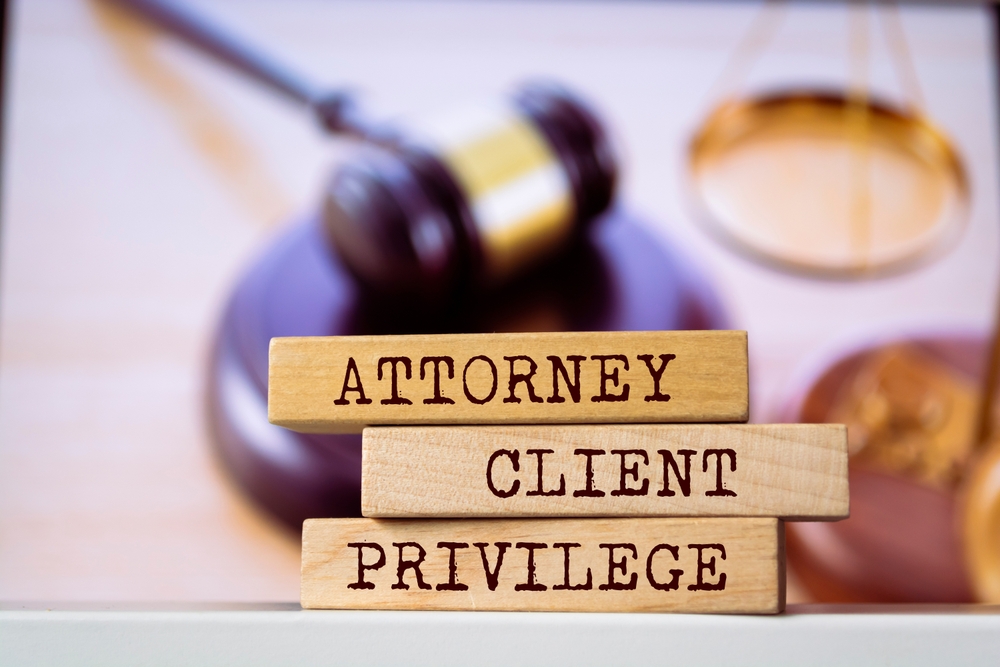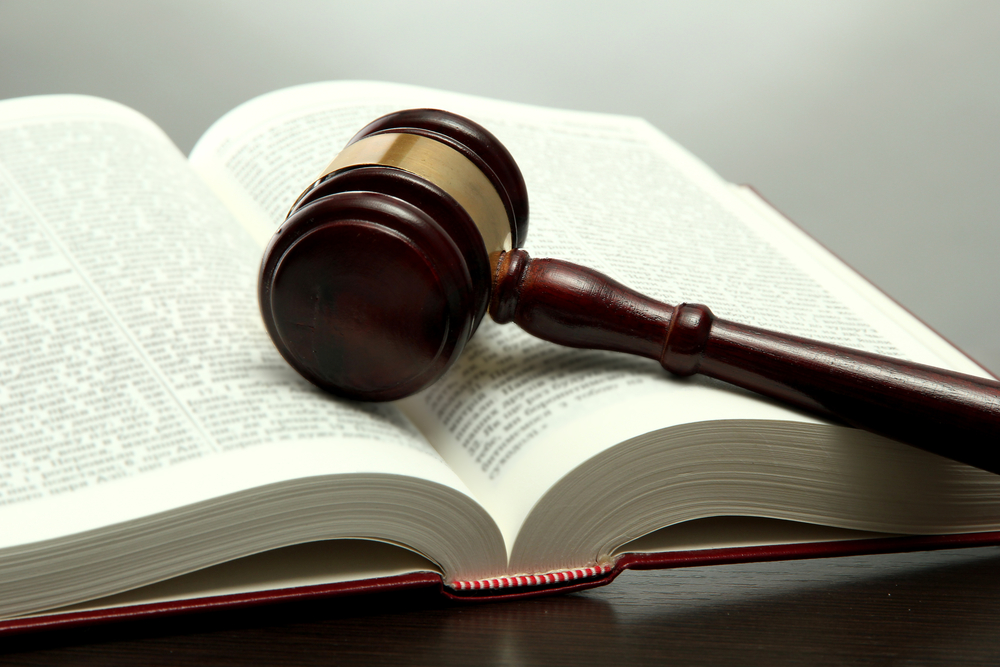
Pennsylvania is the latest state to adopt a law designed to protect citizens who are faced with lawsuits aimed to impede their right to speak about matters of public concern. Both chambers of the Pennsylvania legislature unanimously passed House Bill 1466 (the “Act”), and Governor Shapiro signed the Act into law on July 17, 2024. The Act grants immunity for protected public expression by empowering judges to dismiss a Strategic Lawsuit Against Public Participation (“SLAPP”). SLAPPs are often used to intimidate and prevent individuals from exercising their state and federal rights to free speech.
By passing anti-SLAPP legislation, Pennsylvania lawmakers made clear that “[i]t is in the public interest to encourage continued participation in matters of public significance” without threat of “abuse of the judicial process.”[1]
A Short History of Anti-SLAPP Efforts in Pennsylvania
Pennsylvania lawmakers introduced anti-SLAPP reform legislation[2] a decade ago, when the Old City Civic Association ceased doing business after being unable to sustain the cost burden of being hit with multiple SLAPP suits.[3] That first version of the bill, Senate Bill 95, was modified in 2018 to address concerns raised by various stakeholders, including the Pennsylvania Bar Association (“PBA”).[4] The amendments included language changes to address the limits of free speech, the scope of potential liability for incurred fees and damages, and the designation of the appropriate factfinder.
A coalition of diverse groups, including the Pennsylvania NewsMedia Association and the PBA, expressed support for broadening anti-SLAPP immunity beyond environmental suits to all “protected public expression.” Anti-SLAPP legislation strengthens and shields free speech rights, particularly for non-profit organizations and individuals with limited resources, though these protections are intended for all, no matter their station.[5]
The new law provides broader protections for claims, acting as the Pennsylvania-specific version of the Uniform Public Expression Protection Act (“UPEPA” or “Uniform Act”), a comprehensive anti-SLAPP law adopted by the Uniform Law Commission. Pennsylvania is the ninth state to enact a bill modeled after UPEPA.[6] By adopting a version of the Uniform Act, Pennsylvania joins these other states in an effort to minimize forum shopping and enhance uniformity nationwide.[7]
Highlights of the Current Bill
Building on the Uniform Act, HB 1466 creates a substantive framework by which lawsuits designed to impede the exercise of protected speech can be dismissed and incorporates procedural features that reflect the actual practice of law in Pennsylvania.
Substantive Framework
- A person is immune from civil liability for a suit based on “protected public expression”—which includes communications in government proceedings and the exercise of free speech and press rights on matters of public concern.[8]
- A SLAPP claim will be dismissed if a prima facie case cannot be established,[9] or if the standard for demurrer or summary judgment is established.[10]
- A party that succeeds in asserting immunity shall be awarded attorney’s fees, court costs, and expenses of litigation jointly and severally against each opposing party that asserted the SLAPP cause of action.[11]
- If a party’s assertion of immunity is itself deemed frivolous or meant to delay proceedings, the opposing party shall be awarded attorney’s fees, court costs, and expenses of litigation.[12]
Procedural Features
- Immunity from a SLAPP claim can be raised at any time, no later than 60 days after service.[13]
- All other proceedings, with certain limited exceptions, are stayed upon the filing of an anti-SLAPP motion.[14]
- The court must hear oral argument on the motion within 60 days of being filed,[15] and it must subsequently issue a decision within 60 days after hearing oral argument.[16]
- In ruling on immunity, a court shall consider the record as defined in the Pennsylvania Rules of Civil Procedure 1035.1 and 1035.2, relating to summary judgment motion practice.[17]
- Any determination whether immunity applies is subject to immediate appeal.[18]
The Act will apply to civil actions commenced, or a cause of action asserted, on or after the effective date. The next steps will include promulgation by the Supreme Court of Pennsylvania of procedural rules in conformity with the pretrial motion procedure under the Act, and the Legislative Reference Bureau will publish a notice of promulgation and the effective date in the Pennsylvania Bulletin.
Best Practices Following Enactment
Litigants will want to take proactive steps to minimize potential exposure under the Act and should be cognizant that pursuing anti-SLAPP proceedings may seriously stall pending litigation. Our experienced team can help you, your firm, and your clients efficiently navigate application of the new anti-SLAPP law.
Tithi Patel assisted in the preparation of this article. She is a summer associate at Cozen O’Connor and a rising third-year law student at Temple University Beasley School of Law.
[1] 42 Pa. Cons. Stat. § 8340.12.
[2] Pennsylvania enacted a narrow anti-SLAPP bill in 2000, which only offered protection for speech related to criticism of environmental laws or regulations. See HB 1466: Protecting Public Expression Through Anti-SLAPP Reform, ACLU Pa., https://www.aclupa.org/en/legislation/hb-1466-protecting-public-expression-through-anti-slapp-reform (last visited July 11, 2024).
[3] Pa. Lawmakers Pass Bill to Curb Frivolous Lawsuits, Protect Free Speech, The Bradford Era (Jul. 11, 2024), https://www.bradfordera.com/news/pa-lawmakers-pass-bill-to-curb-frivolous-lawsuits-protect-free-speech/article_c49a9e02-3fca-11ef-a846-07bf281ea2a3.html. “[T]he Old City Civic Association [“OCCA”] was hobbled by the cost of getting sued. Even though the cases did not proceed to trial, the OCCA faced thousands of dollars in legal bills after being sued twice in 13 months for objecting to liquor license transfers.” John McDevitt, Whacked by Lawsuit Costs, Old City Civic Association Disbands, CBS News (May 16, 2013), https://www.cbsnews.com/philadelphia/news/whacked-by-lawsuit-costs-old-city-civic-association-disbands/.
[4] The PBA’s Civil and Equal Rights Committee, Civil Litigation Section and other committees expressed support for the pending anti-SLAPP bills, and the Association’s policymaking body, the House of Delegates, approved those recommendations in both 2015 and 2018 as the legislation evolved.
[5] Public Hearing on House Bill 95 – Anti-SLAPP, 2019-20 Regular Sess. 13 (Penn. 2019) (written testimony of Thomas G. Wilkinson, Jr. on behalf of the PBA).
[6] Emily Hockett, UPEPA Sweeps the Nation, Reps. Comm. for Freedom of the Press (June 3, 2024), https://www.rcfp.org/upepa-sweeps-the-nation.
[7] More than 30 states have some form of anti-SLAPP legislation. See generally Speak Free PA, https://www.speakfreepa.org/ (last visited July 11, 2024). New Jersey recently followed this trend with adoption in October 2023 of its Uniform Public Expression Act.
[8] §§ 8340.13, 8340.15.
[9] § 8340.15(1)(i).
[10] § 8340.15(1)(ii), (2).
[11] § 8340.18(a). An award will also be imposed if the opposing party voluntarily discontinues the SLAPP action, with or without prejudice. § 8340.18(b).
[12] § 8340.18(b).
[13] § 8340.16(b).
[14] § 8340.16(e)(1), (f).
[15] § 8340.16(d)(1).
[16] § 8340.16(d)(5).
[17] § 8340.8340.16(d)(4). “[F]ederal courts of appeal are split as to whether—and to what extent—provisions of state anti-SLAPP laws should be applied by federal courts sitting in diversity…. The First, Second, and Ninth Circuits have previously … allowed defendants to invoke at least some state anti-SLAPP law protections in federal court. The Fifth, Tenth, Eleventh, and D.C. Circuits, however, have not.” Shannon Jankowski & Charles Hogle, SLAPP-ing Back: Recent Legal Challenges to the Application of State Anti-SLAPP Laws, ABA Comm’ns Law. (Mar. 16, 2022), https://americanbar.org/groups/communications_law/publications/communications_lawyer/2022-winter/slapping-back-recent-legal-challenges-the-application-state-antislapp-laws/. The Act’s fee shifting provision and its new cause of action should be deemed substantive law that apply in federal court because the immunity is not tied to any particular court procedure. The immunity can be raised in any pleading or motion permitted under the governing rules of civil procedure. A party is free to raise it via preliminary objections in state court or a motion to dismiss in federal court, a motion for judgment on the pleadings, at summary judgment, or even on a directed verdict.
[18] § 8340.17.








